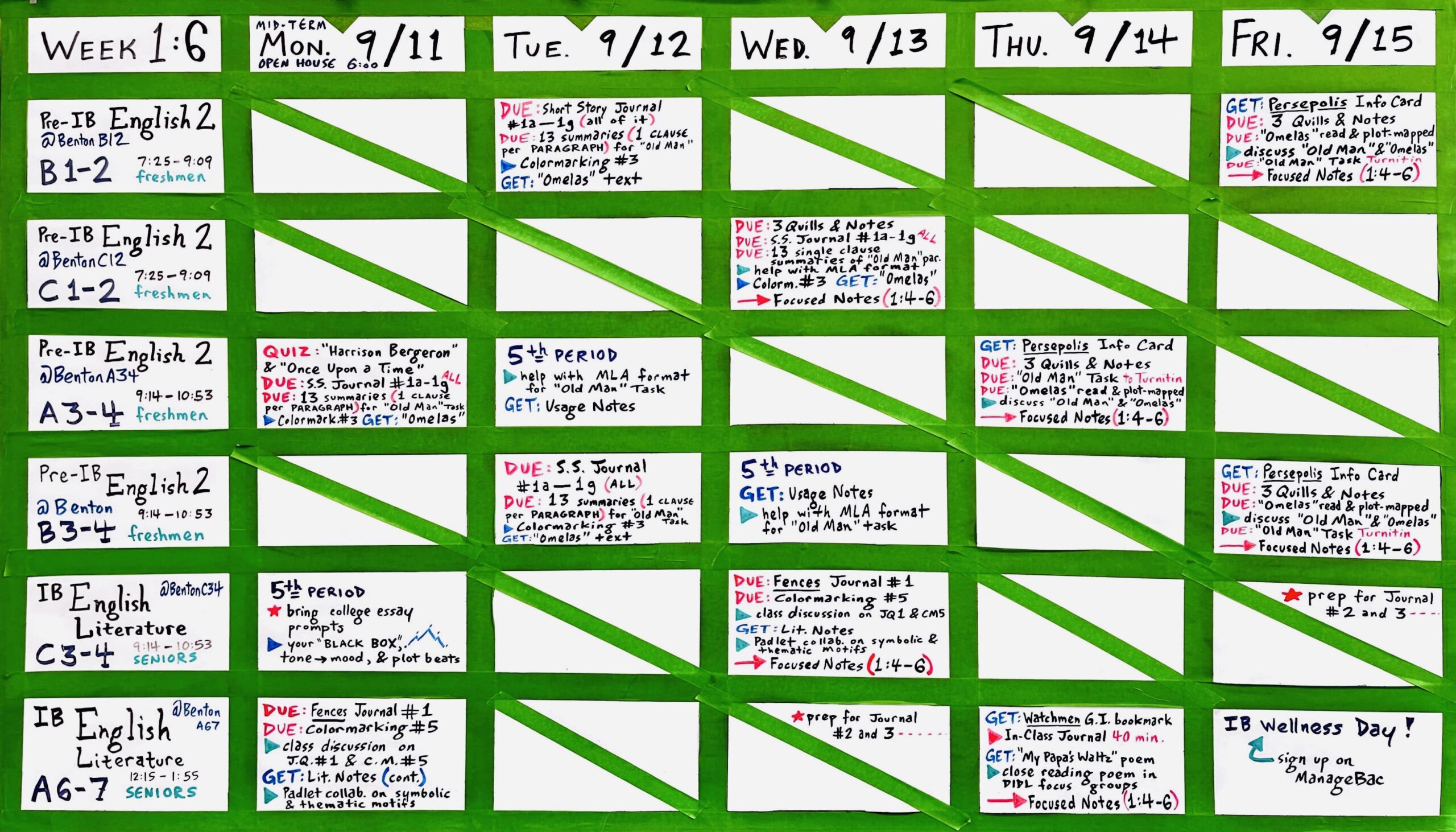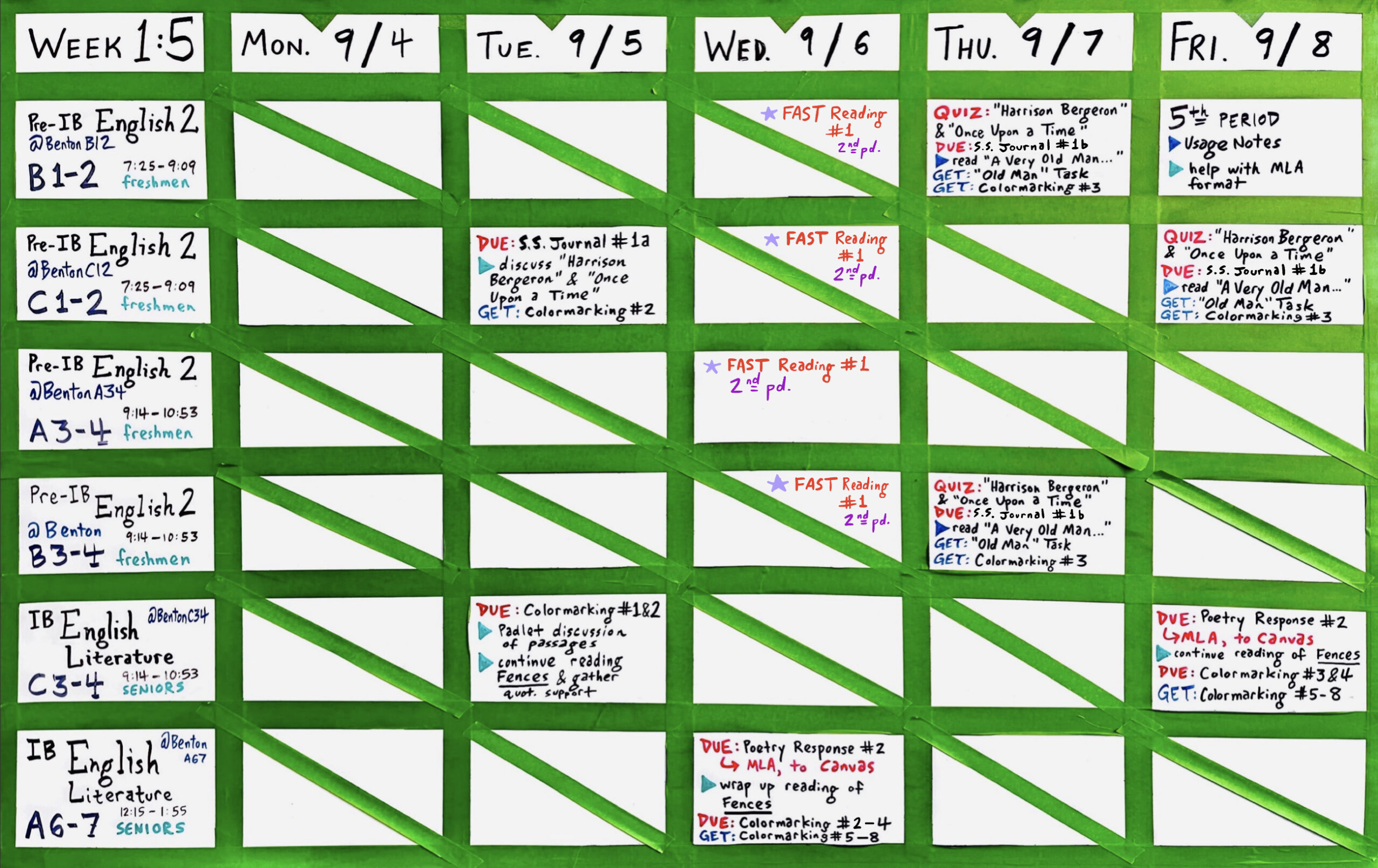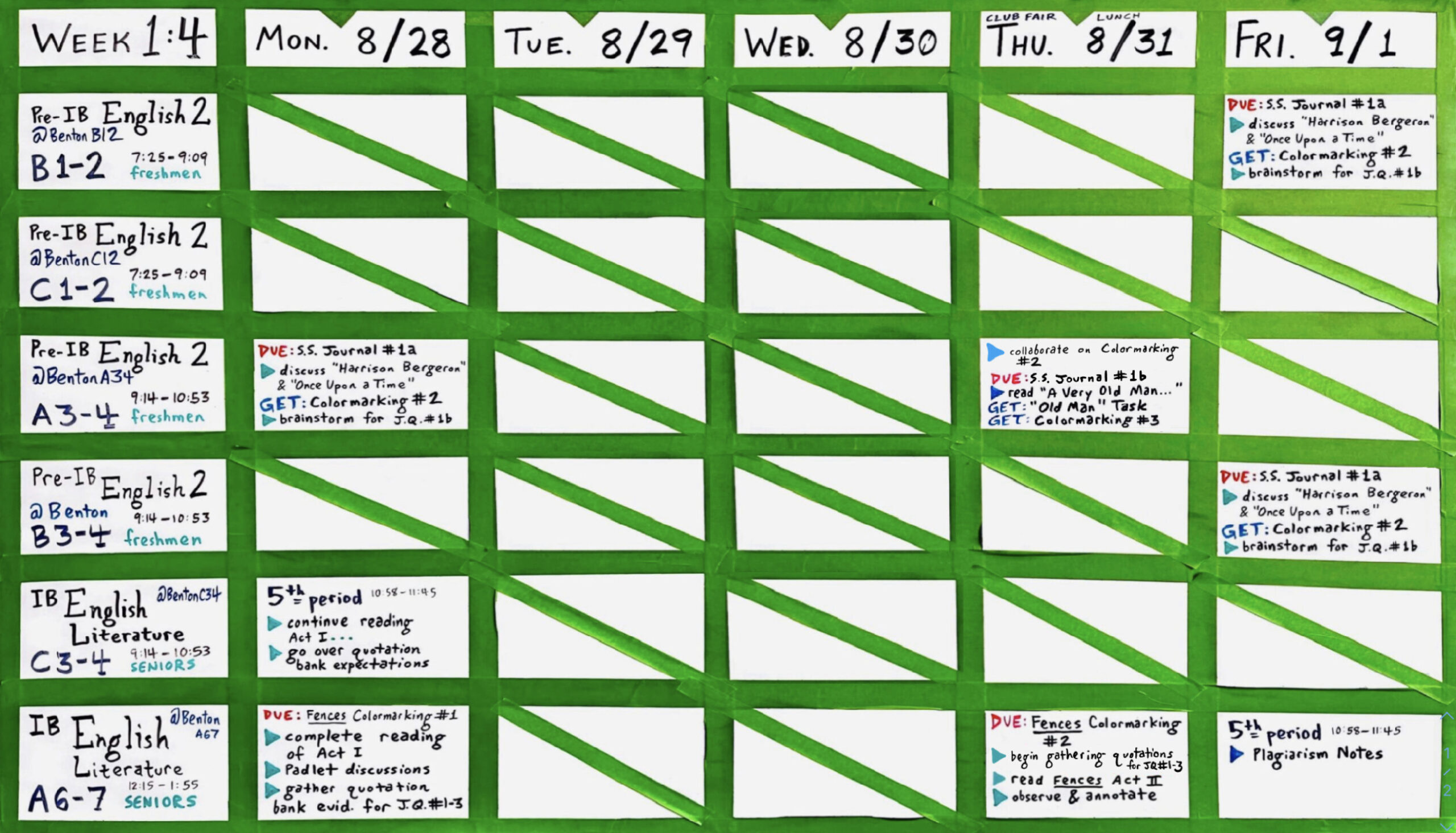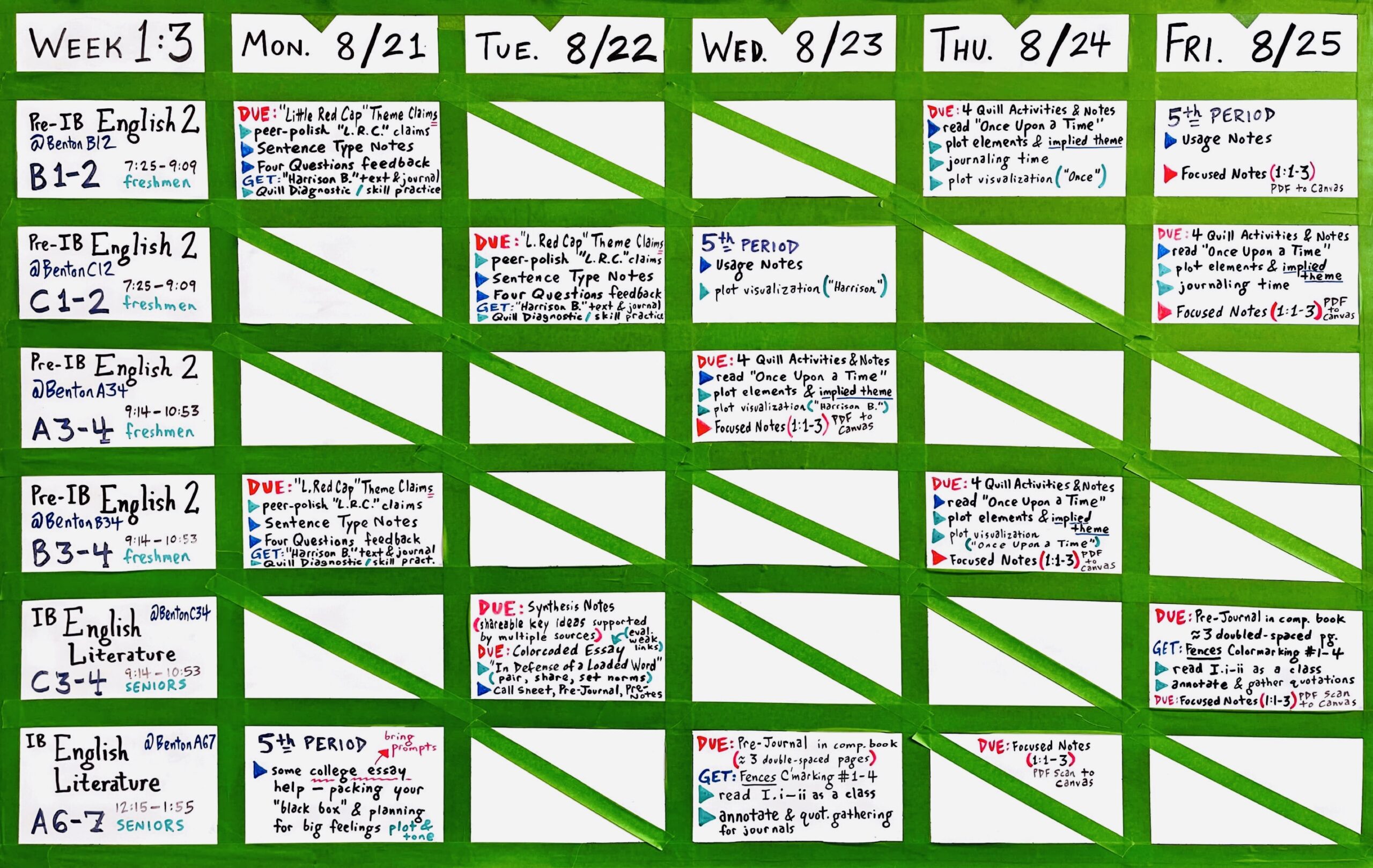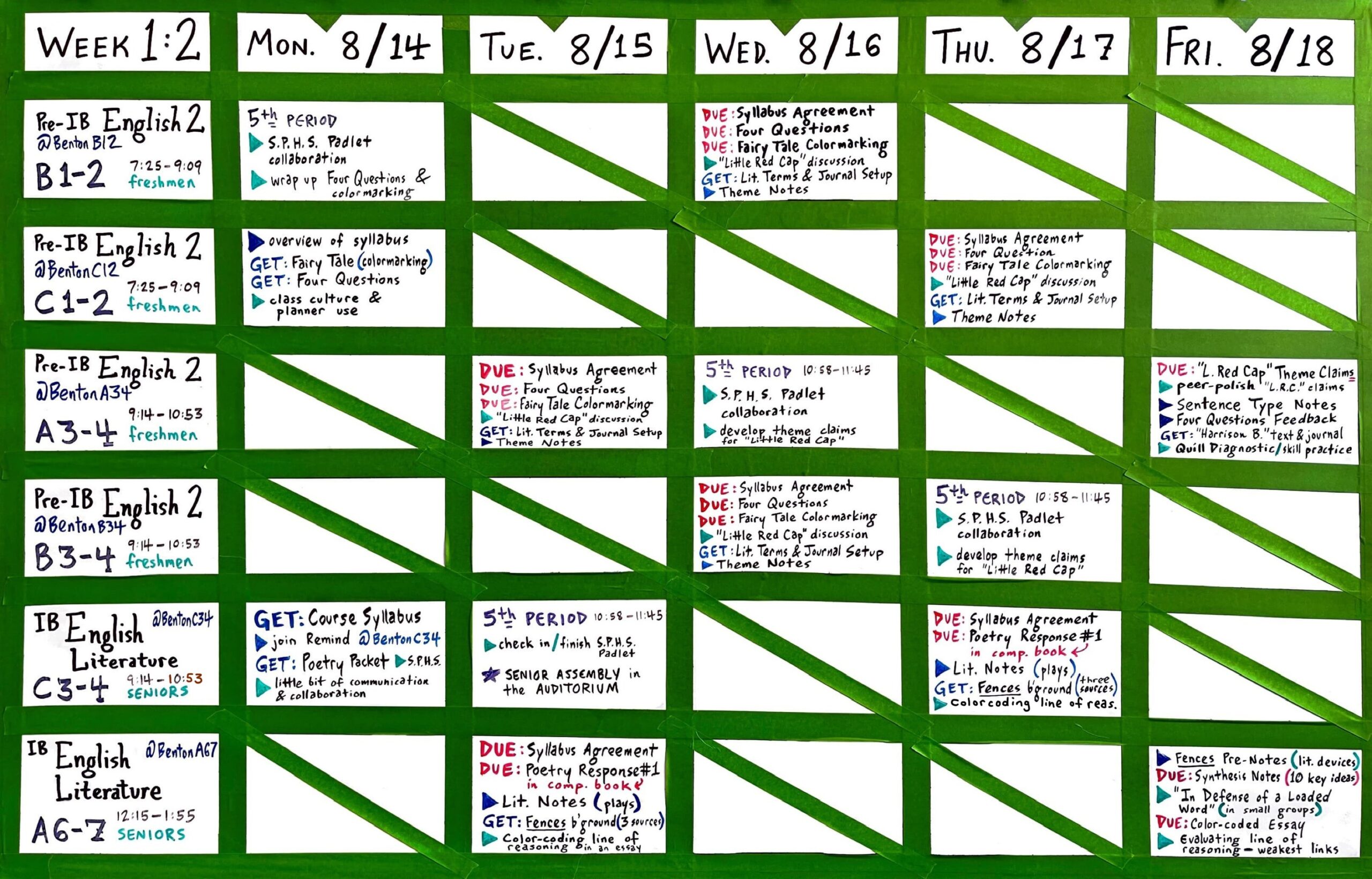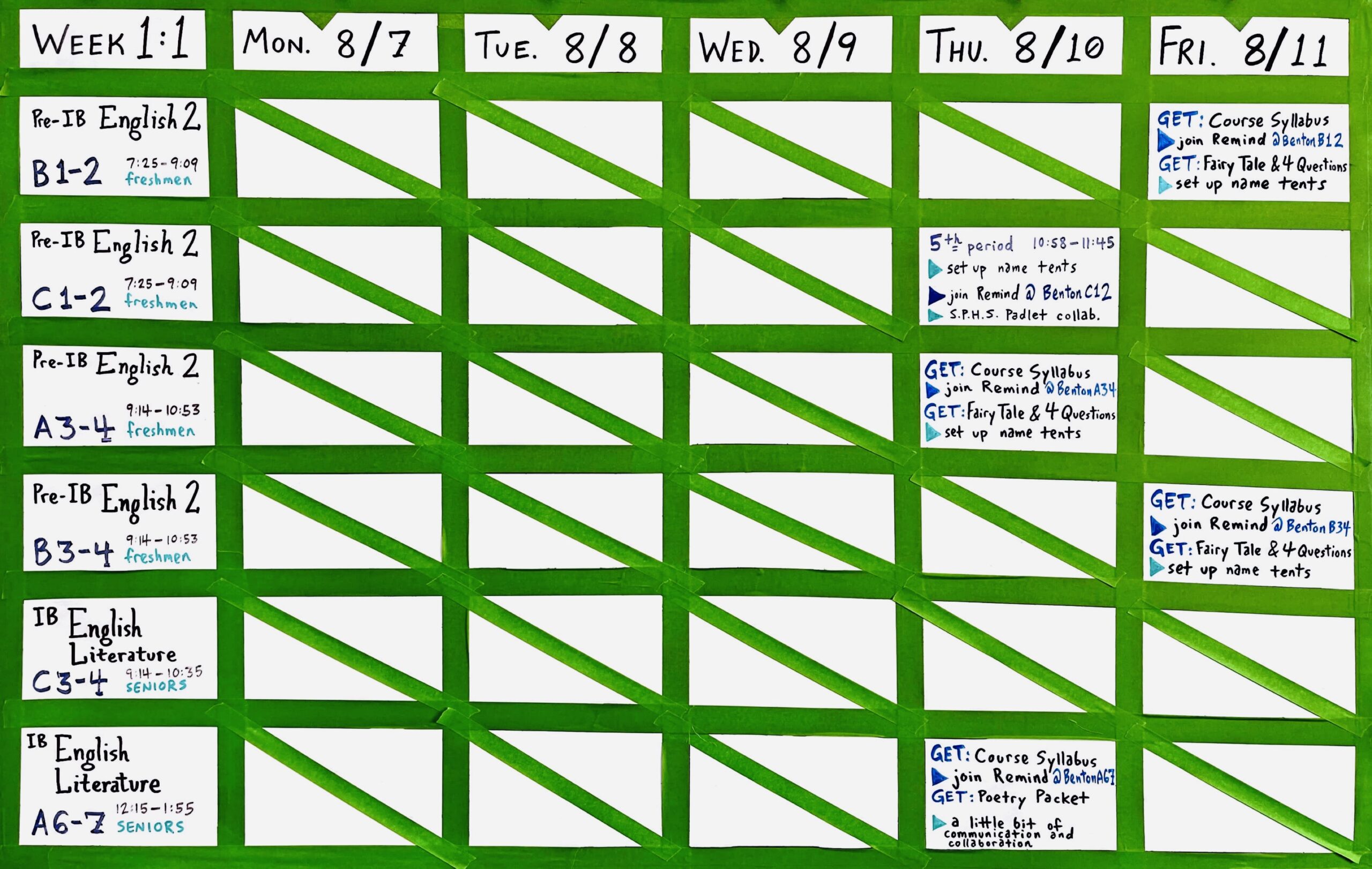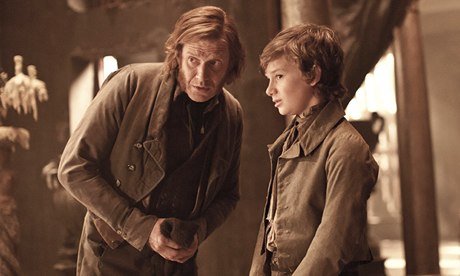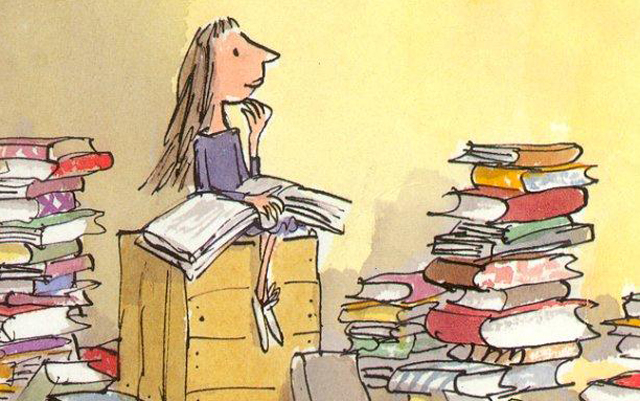Freshmen: Success Tracker, Syllabus, MLA Template (Click “File” then “Make a Copy”), Usage Notes, Transitions Toolbox, Stated & Implied Theme / Short Stories: Journal Setup & Lit Terms, “Harrison Bergeron” E-text, “Once Upon a Time” E-text, Short Stories Journal #1, Colormarking #3, “A Very Old Man with Enormous Wings” E-text, “A Very Old Man with Enormous Wings” Task, “The Ones Who Walk Away from Omelas” E-text, Comparative Analysis Task / Persepolis: Intro/Info card
Seniors: Syllabus, Poetry Packet, MLA Template (Click “File” then “Make a Copy”), All IB English Rubrics, Global Issues Overview, Lit Terms, Journal Rubric / Fences: Full Play E-text (New!), Presentation Instructions & Rubric, Global Issues Bookmark, Journal Questions, Colormarking Passages, How to Read a Play, Wilson’s Life & Work, Aristotle’s Tragic Hero, Discussion Padlet, Poems! / Watchmen: G.I. Bookmark, Graphic Novel E-text (large PDF), Notes on Postmodern Literature & the Graphic Novel
Diploma Support: Rotation Calendar, 5th Period Rotations, DS Contract, IB Academic Guidelines, IB Honor Code, Say Something Anonymous Reporting System / Extended Essays: EBSCO Host, Gale Databases, MLA Template, MLA Sample Paper, Cat. 1 (28/34), Cat. 1 (30/34), Cat. 2 (34/34), Cat. 3 (33/34), EE Rubric

